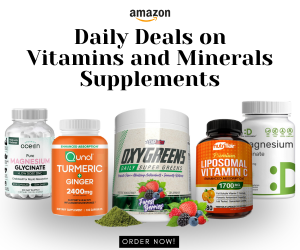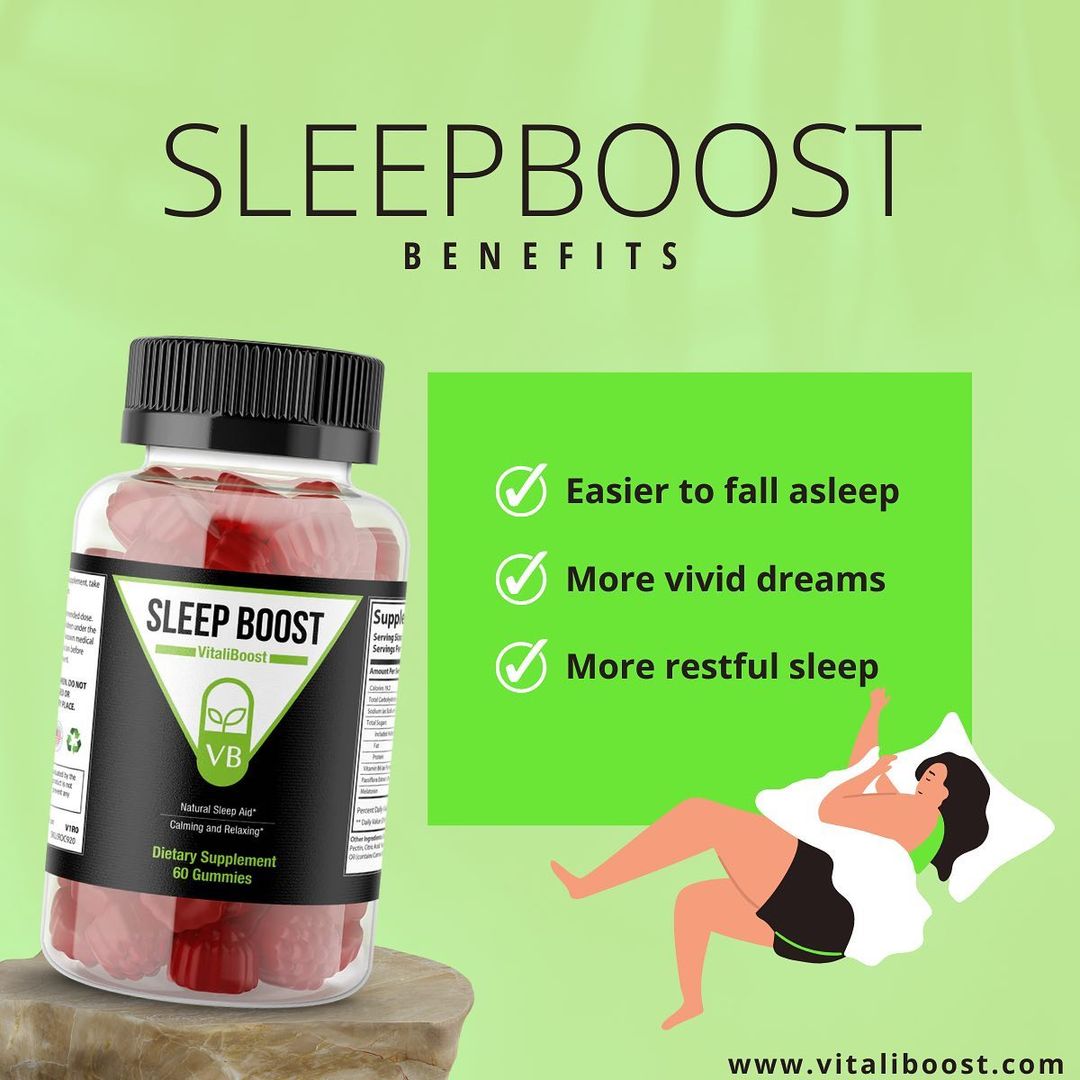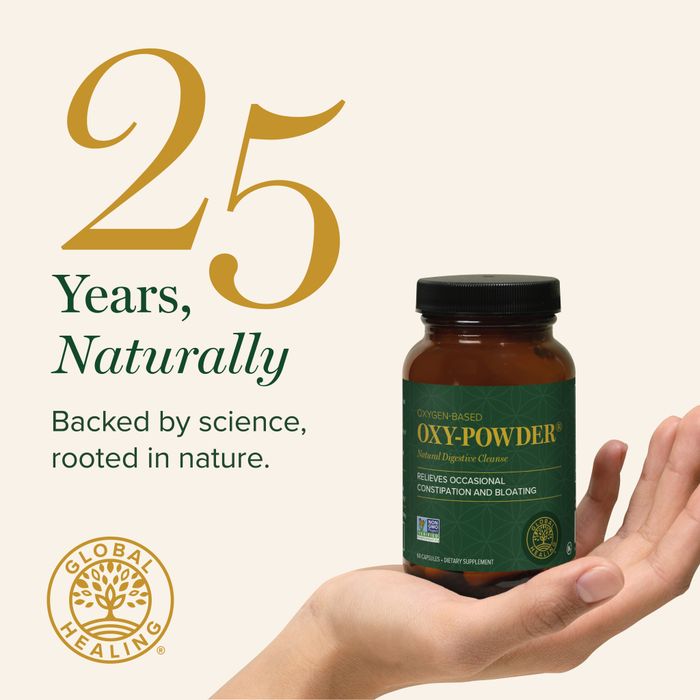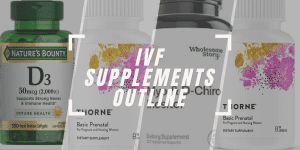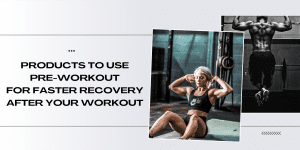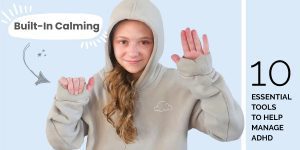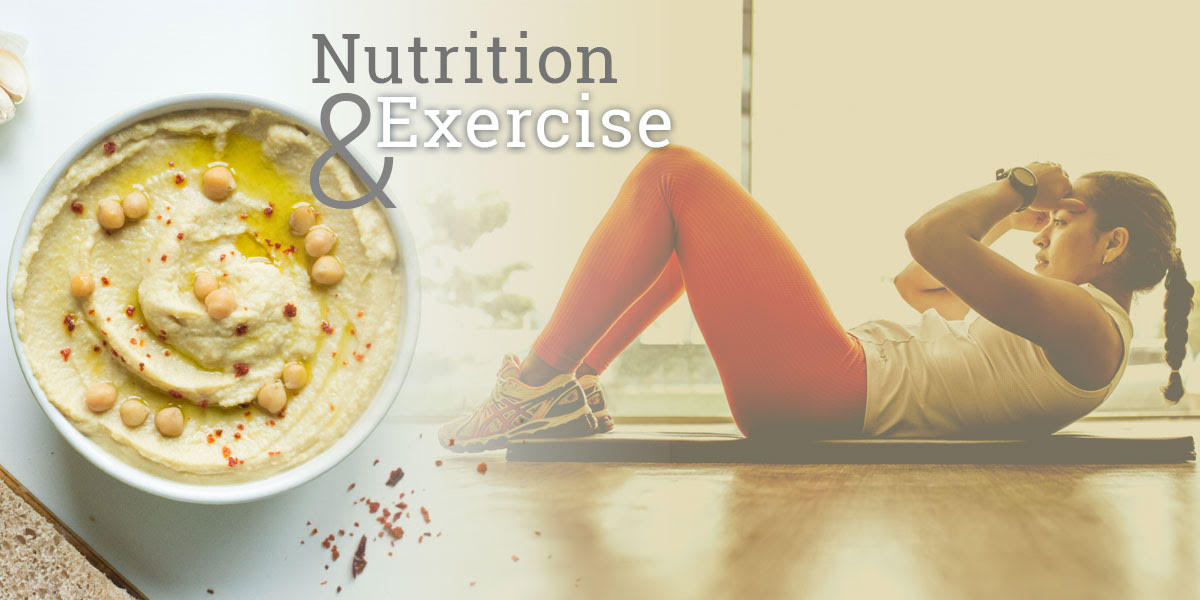
There are many different approaches to fuelling your body to optimize your workout. Depending on what type of exercise you complete, and how long, the nutrition recommendations will vary significantly. Read on to learn how you can incorporate nutrition tips into your physical activity routine, and improve your performance!
Before the workout
Your body will need lean fuel. Avoid eating anything high-fat and deep-fried before a workout. For these foods to be properly digested, your gut needs to devote all of its energy to break down these foods.
This will strain your digestive system while you work out because while you are exercising, blood flow to your gut decrease. The blood is redirected to your muscles, and they are supplied with fresh oxygenated blood. To avoid upsetting your stomach while you exercise, pick light and easy-to-digest foods.
These foods will include complex carbohydrates. They are high in fiber and break down slowly in your digestive system. This slow breakdown provides your muscles with steady energy.
Examples of complex carbs include fresh whole fruits, small toast with peanut butter, or a few whole-grain crackers with hummus. Remember; light, simple, and easy to digest are the ideal pre-workout snacks.
During your workout
Staying hydrated is the ultimate priority for most people. You may feel the urge to drink an entire water bottle in the first five minutes of your workout, but this is the fastest way to upset your stomach. The large volume of liquid will not be welcomed by your gut, and you can get sick.
Instead, take sips throughout your workout. Have a drink whenever you are thirsty, but avoid ingesting too much at once. If you plan to exercise for more than two hours, add electrolyte-rich drinks to your arsenal. Endurance style activities will result in significant sweat loss, and water alone may not be enough to perk you back up.
Exercise that lasts 45-60 minutes does not warrant electrolyte drinks. Although the workout may be intense, your body will still have enough electrolytes to perform at its best. It may not be as exciting as other products on the market, but water is the perfect option for this length of exercise.
After your workout
Congratulations, you probably killed that workout! Now your muscles will need glucose, also known as sugar, to replenish their glycogen stores.
Your muscles would also benefit from some protein. This will help your muscle tissues heal faster and can promote muscle growth.
Drinking chocolate milk is a great choice after exercise. It has both essential carbs and protein in one convenient package. Drinking 250mL (or 1 cup) will provide you with enough nutrients to satisfy your post-workout needs.
If you do not like milk, consider having toast with peanut butter, or an egg sandwich. Again, we see the consistent pairing of a carb item with a protein-rich option.
Hydration after a workout
After your cool down and after your shower, your gut is waking up and you can safely drink more water if you need to.
If you are tired of plain water but don’t think you’ve done enough exercise to merit an electrolyte-style drink, experiment with infusing water at home. Especially in the summer, fresh fruits and fresh herbs are in abundance! Simply wash these foods and add them to your water pitcher.
Naturally, the flavors will infuse into the water, and the appeal of your drink will increase. This is a wonderful option for people who want to stay hydrated, but who don’t like the taste of water.
Do I need a protein powder?
Some people include a protein shake after their workout. Elite athletes and muscle-builders may benefit from this practice, but the average person does not need it. A good rule of thumb to go back to is the length of time you spent exercising.
Did you do weight-bearing activities or strength training for more than two hours? If yes, then a protein shake may be the right option for you. If you are under that benchmark, then real whole foods will be perfectly adequate for your post-workout protein needs.
Image Credit: Nicholas Barbaros on Unsplash/Jonathan Borba on Unsplash


